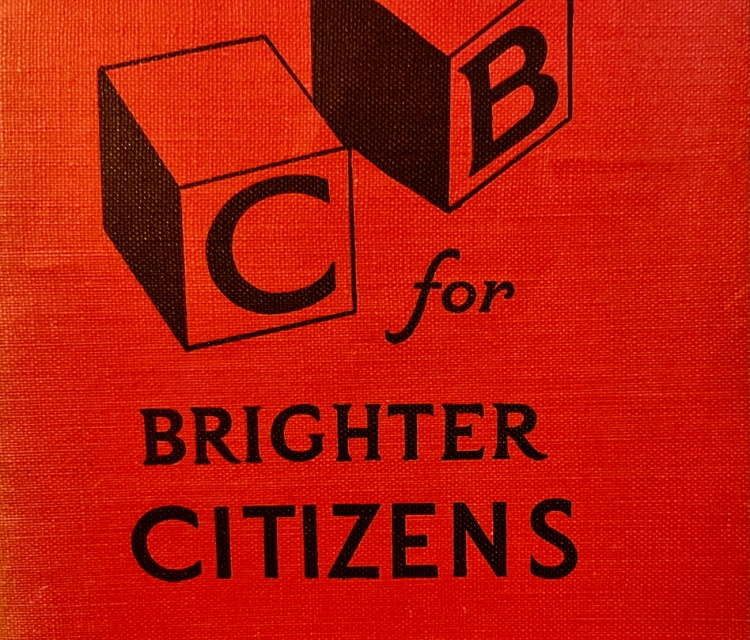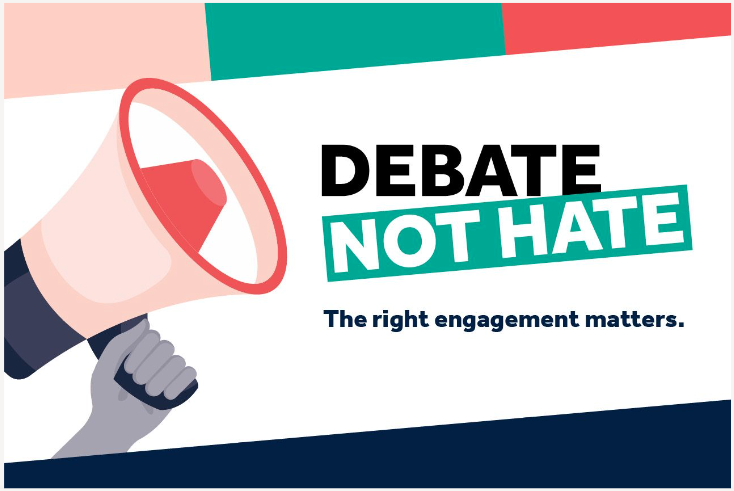Comparing two local public events in support of the Cambridge City Council elections I was involved in organising in Queen Edith’s Ward – what I found out.
We had candidates from all four political parties at the Queen Edith’s & Coleridge ‘Meet the candidates’ event at Rock Road Library that I made this quick intro video for.
It went completely over my head that the event happened at the same time as the Rhyme Time event for under-fives and their parents, but given that parents were my target demographic, this wasn’t a bad thing!
The set up in the Community Room was similar to what you’d see at a University Freshers’/Societies’ Fair: A table with leaflets and banners for each party, with a couple of people for each party, enabling the public to pass by each stall.
My thanks go to the Rock Road Library Staff, the Queen Edith’s Community Forum, the candidates & representatives from Cambridge’s Conservatives, Greens, Liberal Democrats, and Labour Parties for their help in putting on the event, and to the members of the public who came along.
Set piece hustings are designed to be confrontational environments for all concerned
Such is the familiarity we have with the format that it’s easy for them to degenerate into ‘soundbite tennis’ (as we see week-in-week-out on BBC Question Time – which is in Cambridge on 02 May, and you can apply for tickets!)
The big disadvantage of the ‘Question Time’ format is you can have a room with dozens of people in, and only one person gets to speak at a time. Therefore everyone misses out on the benefit of multiple shared conversations that might otherwise take place in the couple of hours that such gatherings normally happen over. ‘Breakout’ time is limited and inevitably those most assertive are the ones that get to make their points to their choice of candidate. It’s not conducive for extended conversations on complex issues – especially with those that are not comfortable with public speaking.
Some candidates come across much better in an informal environment compared with being on a raised speakers’ panel.
We had four hours today, and while not nearly as many people as I would have liked came along (limited advertising capacity, limited lead time, cold and wet outside), those that came along were able to spend time explaining to the candidates what their issues were – and candidates didn’t feel the need to give ‘party political lines to take’ for the public record and/or the persons filming in the audience.
Because the public had more time/less pressure in which to articulate their concerns, they got more informed responses from candidates – including explanations of why things are the way they are.
The candidates were able to have mature and cordial discussions with each other on complex local issues that cross party lines – such as how existing structures make certain actions (eg responding to constituency casework) much more difficult than it needs to be. Furthermore, these were often issues that require cross-party agreement at different levels of governance (eg national and local) to resolve.
Being in public but not on formal public record
This enabled candidates to have more open conversations with each other and being able to think and talk aloud with each other and the public – without having to worry that what they say may be taken to be an irrevocable statement of public policy on behalf of the entire national party.
This example of a senior politician (Darren Jones of Labour) saying ‘I don’t know’ was widely commented upon (positively) – to which he later explained what chairing a select committee had taught him.
Could we have more of these events?
We could – but there are a host of things needed to ensure their success. And that is for another blog post!
If you are interested in the longer term future of Cambridge, and on what happens at the local democracy meetings where decisions are made, feel free to:
- Follow me on Twitter
- Like my Facebook page
- Consider a small donation to help fund my continued research and reporting on local democracy in and around Cambridge.
Below: Don’t think you know enough about democracy and politics? Buy a cheap second-hand book on GCSE Citizenship which covers the very basics on national government, and a little on local government too. When you’re done with it, pass it on, or donate it to a charity shop. (If it’s published before 2016 it will also contain the rights we used to have when the UK was in the EU).

